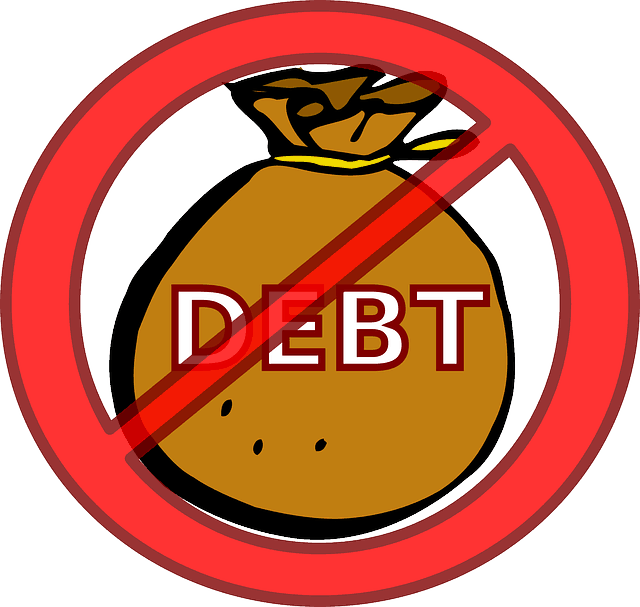
As you may have read previously in my blog there are a number of reasons to consider when filing bankruptcy. Debt that can’t be forgiven. Obviously getting rid of debt is the reason you are considering doing bankruptcy. So while a Chapter 7 or Chapter 13 bankruptcy can eliminate a lot of debt, it may not wipe out every kind of debt you have, mainly if you have certain types of non dischargeable (unforgivable) debt. The types of debt that bankruptcy will not eliminate include:
- Most student loan debt (although some in Congress are currently working to change this part of the law).
- Court-ordered alimony.
- Court-ordered child support.
- Reaffirmed debt.
- A federal tax lien for taxes owed to the U.S. government.
- Government fines or penalties.
- Court fines and penalties.
- Fines related to DUI
You should take a long look at the type of debts you have to determine if bankruptcy is a good fit given your situation. Sometimes you will not achieve your goal (if that goal is being totally debt free and you have some of the above listed types of deb so what debt that can’t be forgiven.
Debt forgiveness with certain kinds of debt just might not happen in your case. Student loans for example are difficult and expensive to try and discharge in bankruptcy. Although recent case rulings seem to have softened the stance of some judges on the subject, the kind of situations that may be used to eliminate student loan debt it is by no means a slam dunk in all case or even in a majority of the cases. You should be prepared to inform your attorney if you have any extenuating circumstances that may be the basis for student loan forgiveness – such as chronic illness of major disability. Just merely not wanting to pay back you student loans will not work with a bankruptcy judge.
Bankruptcy may however still help you if you have these kinds of debts as well as other kinds of debt. You will need to work closely with your attorney to figure out what your life will look like after you file bankruptcy. Here in Utah we offer a free consultation to help you understand what to expect after you file bankruptcy. Only once you are fully informed of your options would it be a good idea to make this kind of life altering decision.